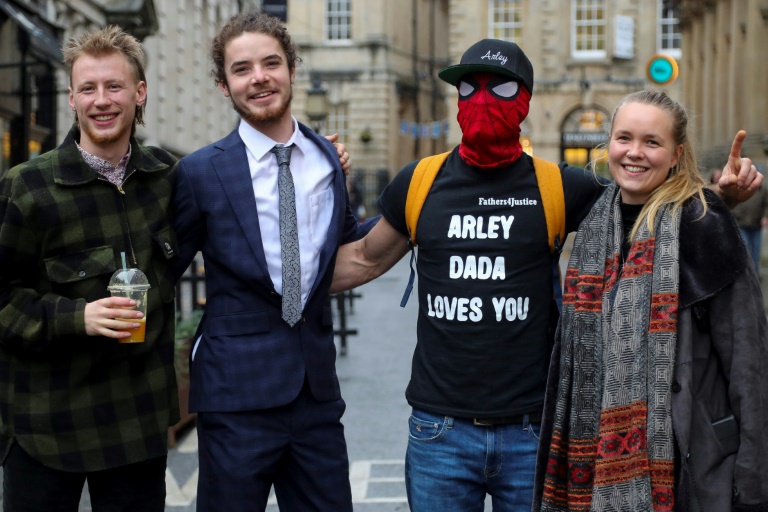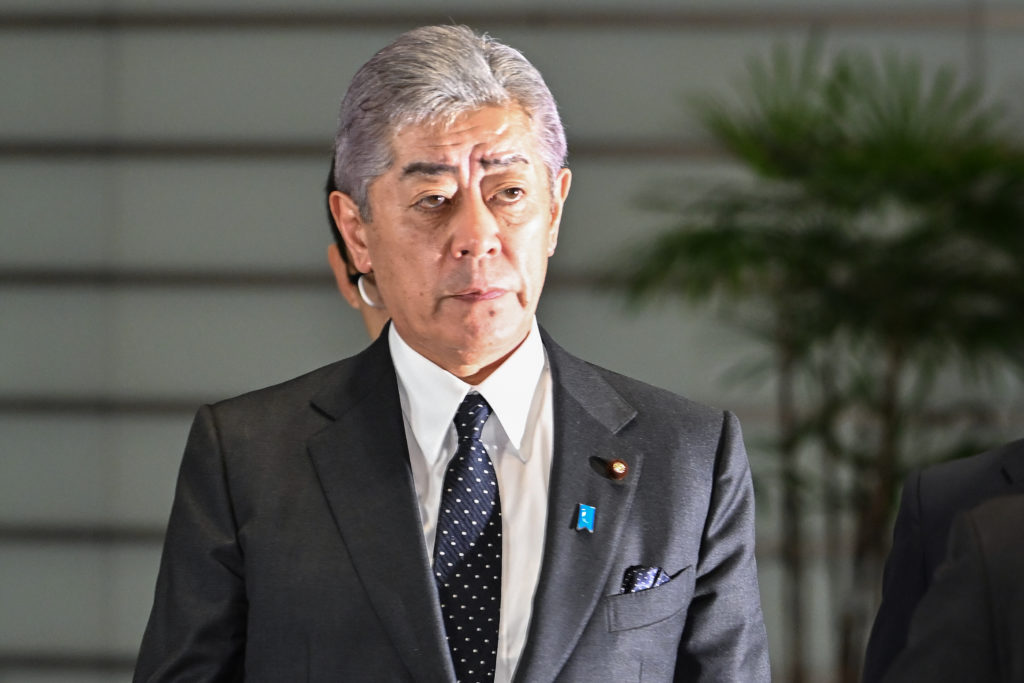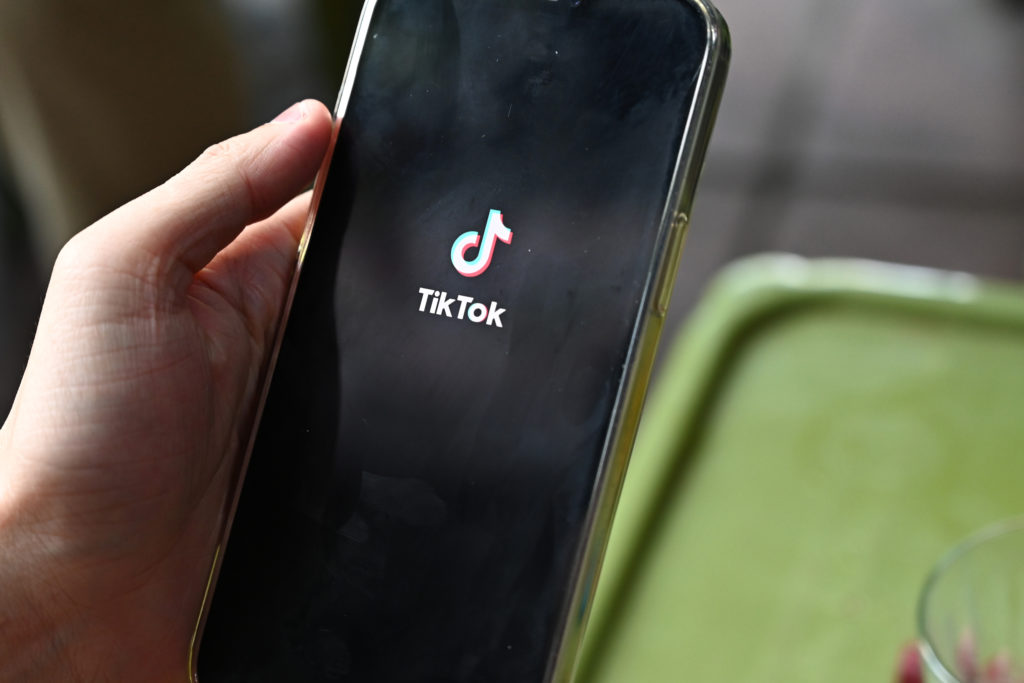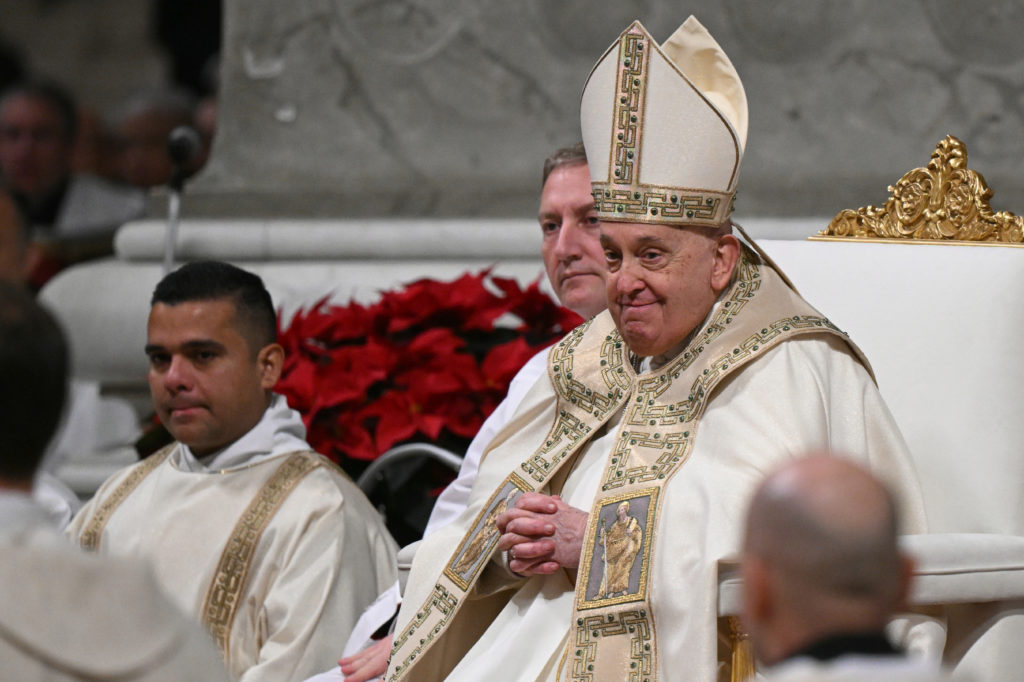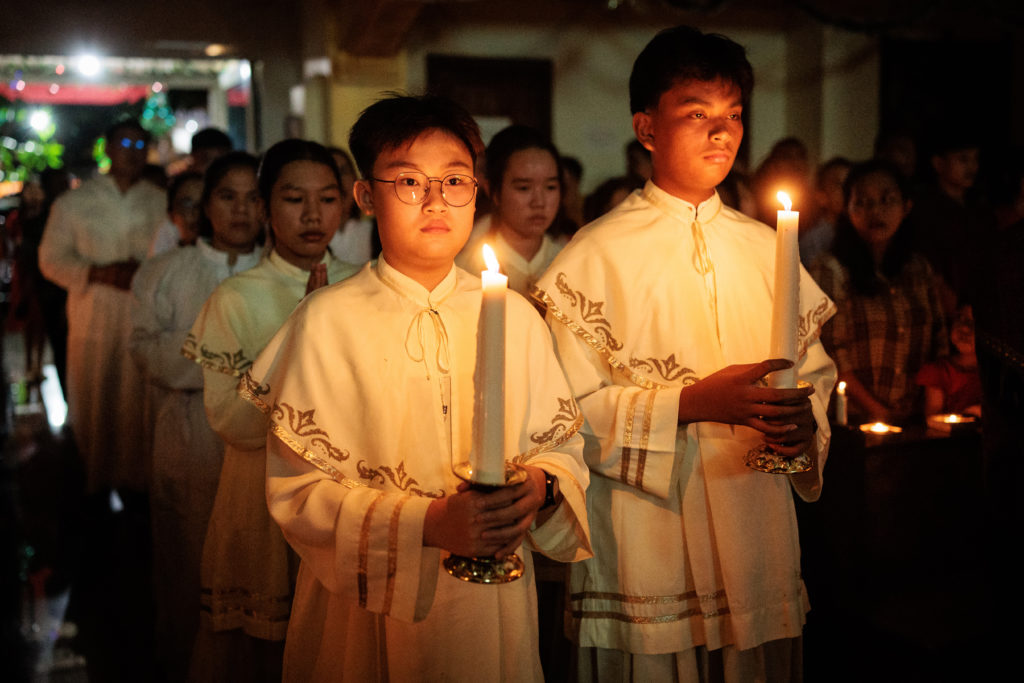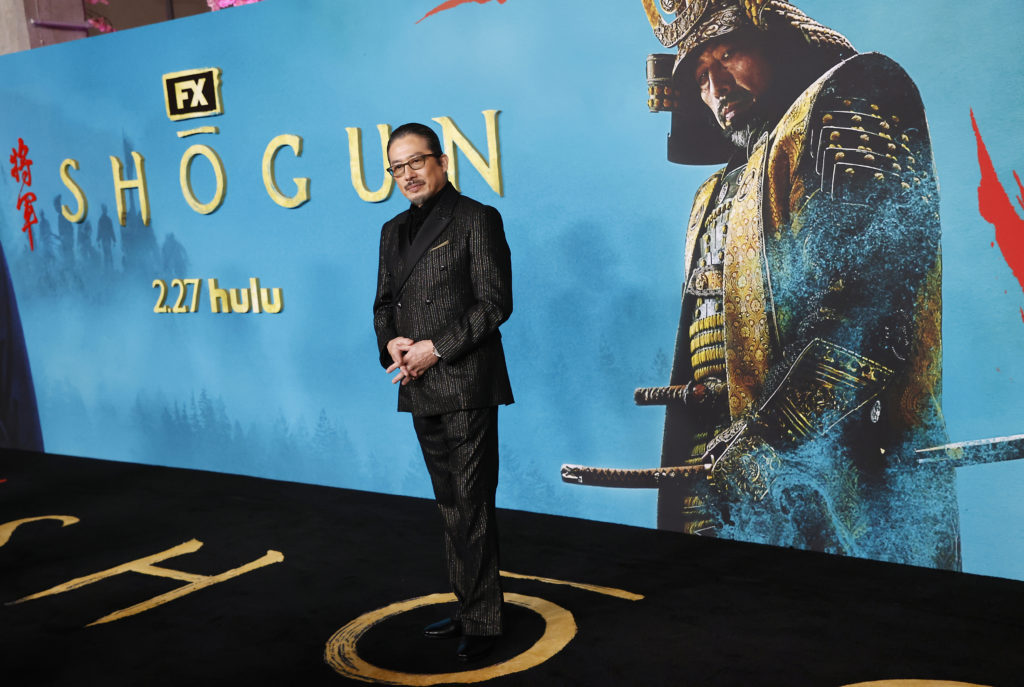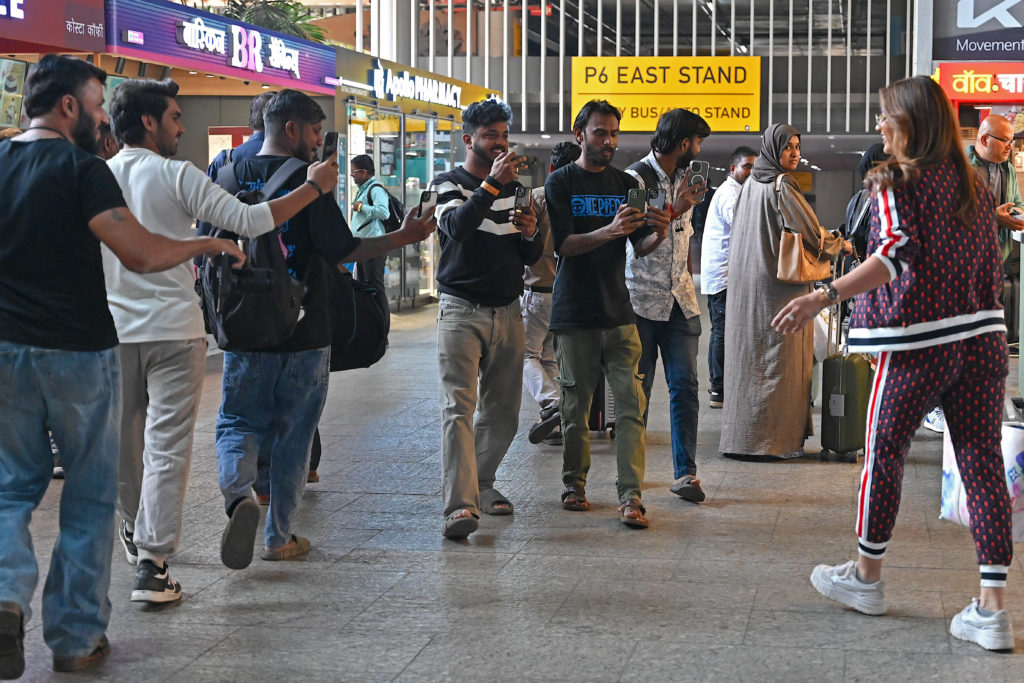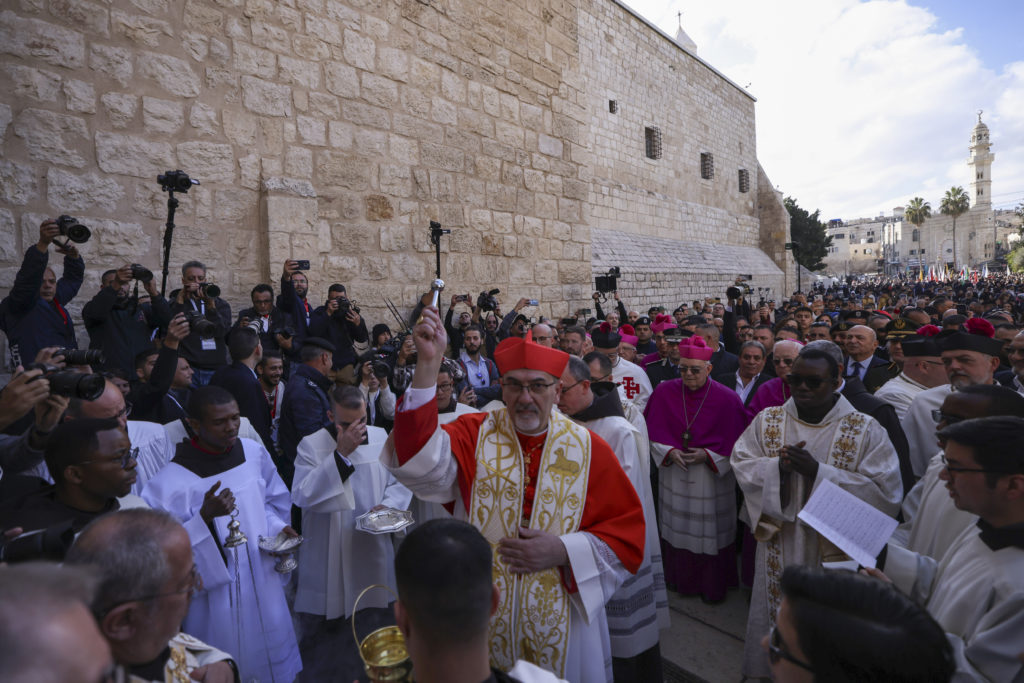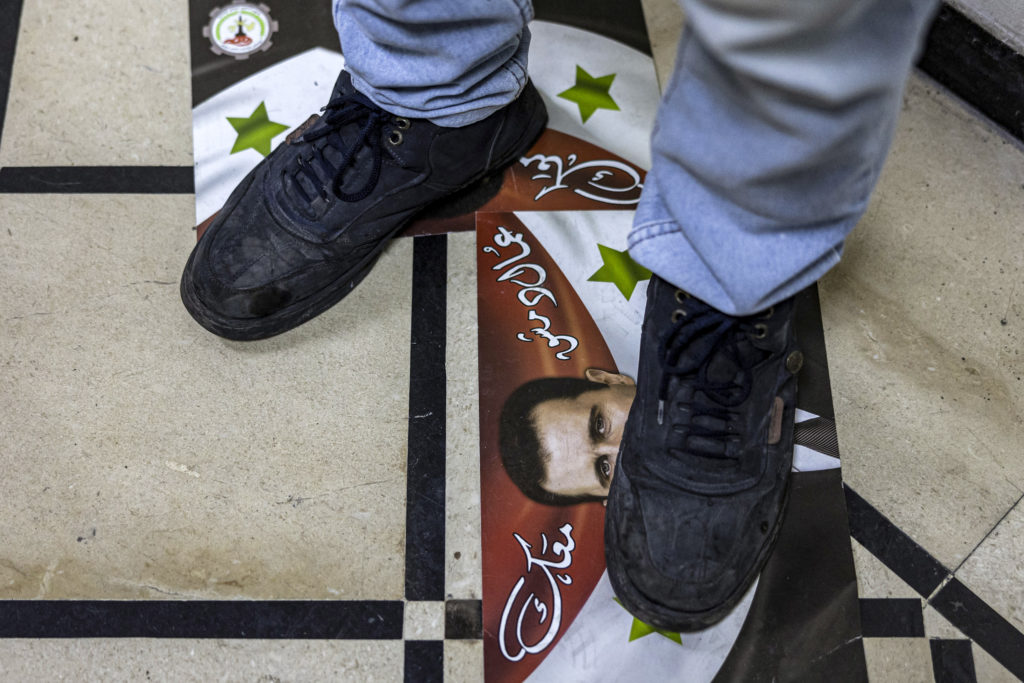Britain should resist efforts to “bowdlerise” its colonial past, Prime Minister Boris Johnson said Thursday after four protesters were cleared of criminal damage for pulling down a statue of a notorious slave trader.
Johnson declined to comment on the specifics of Wednesday’s jury verdict, following the 2020 attack on the statue of Edward Colston during a Black Lives Matter protest in the western city of Bristol.
“But what I would say is that my feeling is that we have a complex historical legacy all around us, and it reflects our history in all its diversity, for good or ill,” he told reporters.
“What you can’t do is go around seeking retrospectively to change our history or to bowdlerise it or edit it in retrospect.
“It’s like some person trying to edit their Wikipedia entry -– it’s wrong.”
The four defendants admitted to taking part in the protest that saw the slave trader’s statue thrown into Bristol harbour at the height of anti-racism protests in June 2020.
But the jury agreed with their argument that Colston’s blood-stained legacy was integral to deciding the case, and that immortalising him in public had itself amounted to a hate crime.
The 17th-century trader was involved in the enslavement and transportation of more than 80,000 Africans, including almost 10,000 children, the trial heard.
Around 19,000 of the slaves died on ships bound for the Americas and the Caribbean.
Calls for a reassessment of Britain’s colonial legacy have seen other sites associated with Colston renamed in Bristol, and a national debate about how to deal with other historical figures.
But the impetus to remove some monuments and re-evaluate Britain’s imperial past has sparked a backlash, particularly after a statue of war-time prime minister Winston Churchill was targeted by vandals.
– ‘Mass murderer’ –
Johnson’s former justice secretary Robert Buckland said the Bristol verdict was perverse.
“I don’t think we want to see our crown courts becoming political playgrounds,” he told BBC radio.
“They’re not places for politics, they’re places for the law to be applied and for the evidence to be assessed.”
But legal experts noted that the verdict did not set any precedent for other courts, as it was reached by an individual jury.
One of the four acquitted, Rhian Graham, told ITV: “I completely understand people’s concerns and I really don’t think this is a green light for everyone to just start pulling down statues.
“This moment is about this statue in this city in this time. I will leave the fate of monuments in other cities to the citizens of those cities,” she said.
The government is meanwhile pushing through legislation to toughen up penalties for vandalism of historical sites, drawing criticism that it is waging a divisive “culture war” against so-called woke activism.
Prominent historian David Olusoga, who testified in the quartet’s defence, welcomed the verdict.
“That statue standing there for 125 years was validating the career of a mass murderer,” he told ITV.
“And to people whose ancestors were enslaved by Colston and men like him, it is offensive, and you can talk to thousands of people in Bristol who found it offensive.”

